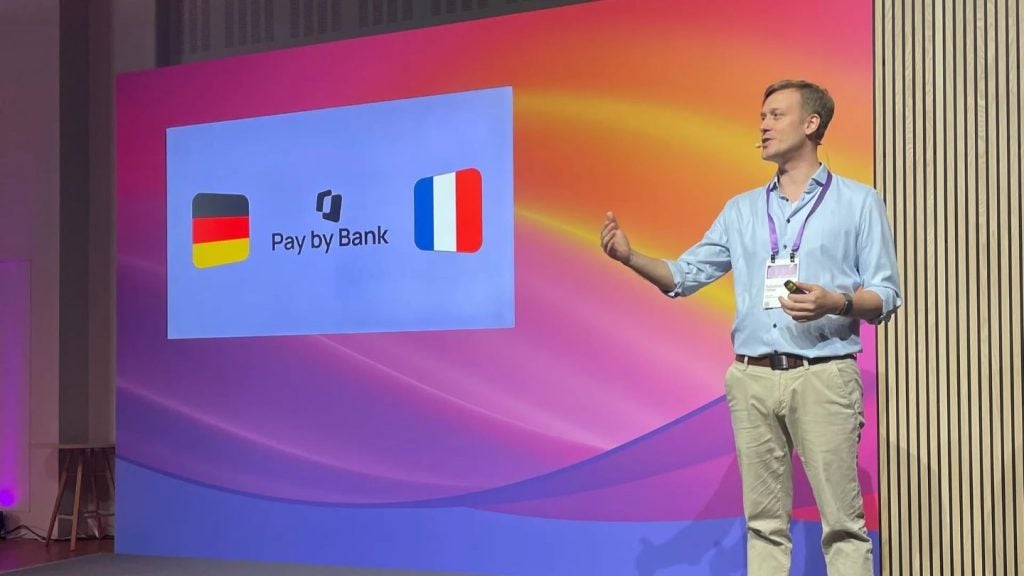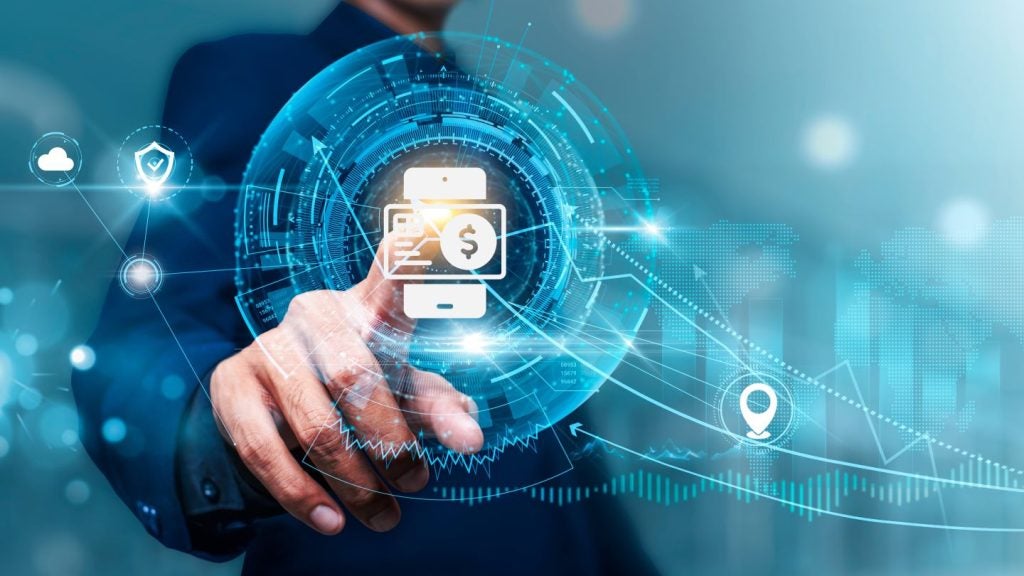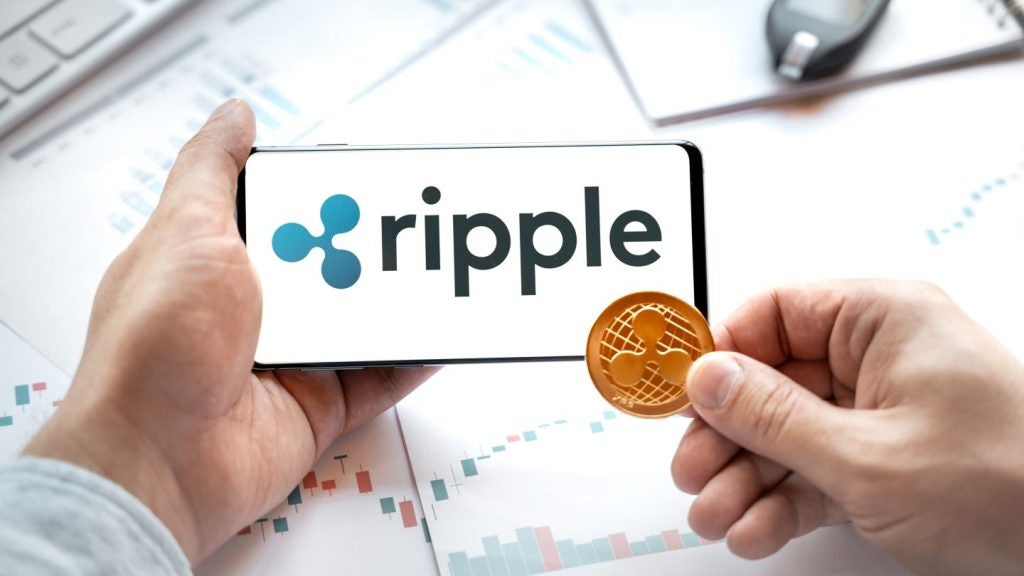Customers increasingly want payments to be seamless. New developments in biometrics, instant cross-border payments, and the Internet of Things (IoT) are all part of the larger trend towards more convenient payments. However, seamlessness for consumers means complexity for merchants, creating challenging market conditions.
Modern-day consumers expect payment transactions to be fast and simple. Payment companies have been attempting to address this need through biometric authentication, instant payments, and by enabling payments via wearables, cars, homes, and more.
But providing this level of convenience and choice for consumers creates additional headaches for merchants and processors, which need the scale to form worldwide partnerships in order to provide end-to-end payment services.
The payments industry is embracing biometrics through the integration of systems such as Touch ID in Apple Pay, which allows consumers to authenticate payments using their fingerprint.
Meanwhile, the iPhone X offers Face ID, an exclusive facial recognition feature that is linked to Apple Pay. This feature allows users to simply look at their iPhone X to authenticate the payment and their phone requires to be held near the contactless payment terminal in-store. Biometric solutions such as these offer consumers an improved user experience, as they eliminate the need to enter a PIN.
However, these innovations mean merchants need point-of-sale terminals that can accept payment tools utilising biometrics – potentially increasing their costs.

US Tariffs are shifting - will you react or anticipate?
Don’t let policy changes catch you off guard. Stay proactive with real-time data and expert analysis.
By GlobalDataVarious instant payment schemes are also helping make payments more seamless. For example, Jiffy in Italy allows users to send and receive money in real-time using their smartphone, via domestic bank-to-bank payment infrastructure.
In addition, the new TARGET Instant Payment Settlement (TIPS) system will allow users across the eurozone to send and receive cross-border payments in less than 10 seconds. Both schemes boost the convenience factor, as payments can be made via a mobile number – meaning account numbers and sort codes do not need to be exchanged. Yet for merchants and processors this simply means another system that needs to be accepted and another set of partnerships necessary to do so.
The IoT is becoming more and more advanced, with voice-controlled assistants proving particularly popular. Google Home and Amazon Alexa are being used by consumers to make purchases. These devices make payments more seamless for consumers as they eliminate the need to spend time searching for a particular product. But while the IoT provides more options for consumers, it again increases complexity for merchants by introducing a new set of payment form factors and service providers to partner with.
Ultimately, consumers increasingly expect simple, frictionless payment experiences that save them time and essentially eliminate the payment “process” altogether. Merchants and processors have no choice but to address this demand. This situation is helping drive mergers and acquisitions between merchant acquirers and payment processers in order to enhance the scale of payment services. The recent mega-deals involving First Data, Worldpay, and Global Payments are all examples of this trend. Consumers’ expectation of seamless payments will likely lead to more deals in the near future.








